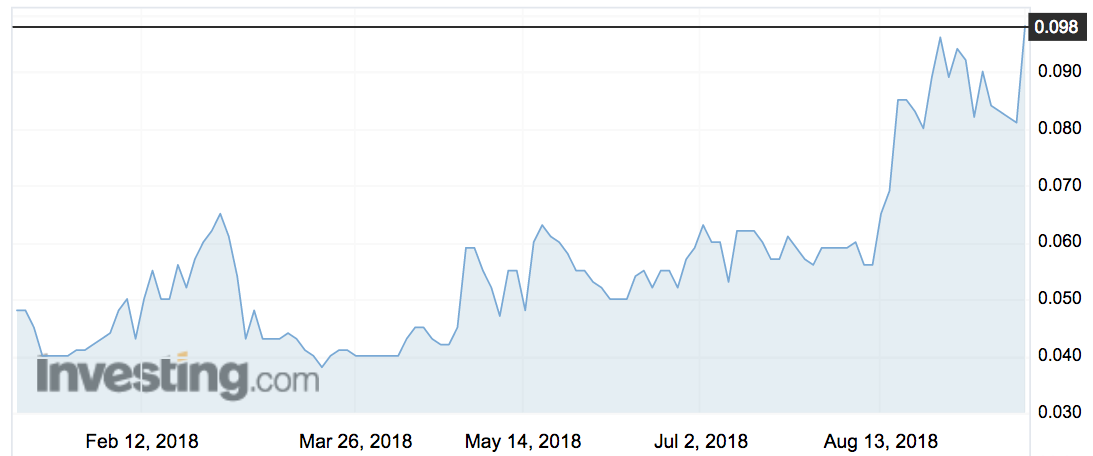Food Revolution sells half the company in China deal; shares gain 21pc
Food & Agriculture
Food & Agriculture
Food Revolution Group has sold half its shares to a Sydney-based investor in order to get its juice and kombucha into China.
The Victoria-based juicer (ASX:FOD) has secured a $20.2 million investment and a China distribution deal from Dr Norman Li’s Careline, a health and skincare maker and import-exporter.
The full deal will double Food Revolution’s shares on issue and give 52 per cent of the company to Dr Li, Careline and some unnamed strategic investors.
Shareholders were stoked with the deal, boosting the stock 21 per cent to 9.8c.
It doesn’t come all at once, however.
The $20.25 million investment will see 375 million shares paid out in five tranches until March 2020.
Food Revolution said in a statement the investment was “personally guaranteed” by Dr Li, who will become chairman after the second tranche is paid in October this year and be able to appoint two people to the board.

Careline will receive up to 190 million performance shares in Food Revolution if they can help lift sales from the current $35 million a year to $500 million within five years.
If that happens, Food Revolution shareholders will see the register rise from 434 million shares to 999 million.
Daigou selling
Careline is to “target” $20 million in new sales of Food Revolution products within two years.
The sales will be through a network of 10,000 ‘daigous’.
A daigou (which means to buy on behalf of) is anyone outside China who shops on behalf of a China resident.
“Typically, daigous are students who are studying overseas, Chinese tourists or people who have migrated from China and are living in Australia,” the company said last year in its prospectus.
Often Daigou are Chinese students studying in Australia who buy here and on-sell into China via platforms such as Alibaba, JD.com and Tencent.
These expatriate Chinese, buying direct from Australian supermarket shelves, were responsible for the rapid growth of clean and green Australian infant formula sales into China.
Food Revolution is hoping Careline can do the same for their Aussie juice.
Mr Li said selling stock wasn’t a problem, but sourcing it was and that attracted them to Food Revolution.
“When we commence marketing products through our channels such as registered daigous, TV sales and physical stores we need to be able to meet the demand with rapid manufacturing capacity,” he told investors.
“We have been looking for this high-quality capacity which we have now found in The Food Revolution Group’s manufacturing assets which are currently only used to about a 30 per cent capacity.”
Dr Li founded Careline in Sydney in the 1990s, growing it from a small shop in the western suburbs of Sydney into an exporter.
Careline has a TGA and GMP license for manufacturing, warehousing and packaging health care products, and was part of the infant formula surge, distributing Australia’s largest infant formula maker OZ Care’s product at home and overseas.